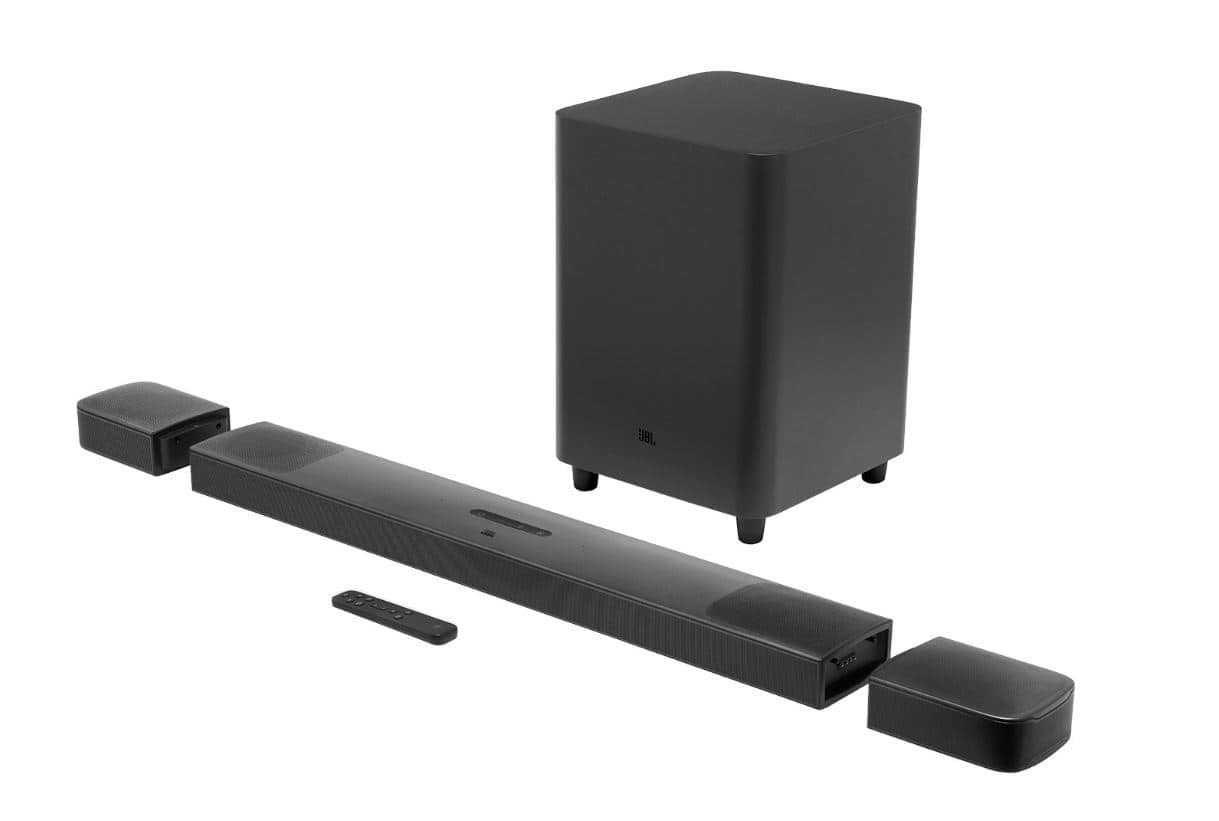In the rapidly evolving world of technology, the spotlight is now on solid-state batteries, a groundbreaking advancement that promises to reshape our energy landscape. Unlike traditional lithium-ion batteries, which use liquid electrolytes, solid-state batteries incorporate solid electrolytes. This change vastly enhances their efficiency, safety, and capacity, making them the next big leap in battery technology.
One of the most striking features of solid-state batteries is their improved safety profile. The absence of flammable liquid electrolytes reduces the risk of leaks and fires, addressing a long-standing concern with current battery technologies. Moreover, these batteries boast a higher energy density, promising longer-lasting charges and an extended lifespan. This could lead to faster charging times and more reliable performance, qualities crucial for the growing electric vehicle market and personal electronics.
Despite their promising features, solid-state batteries face significant challenges. They are currently more costly to produce than their lithium-ion counterparts and require advances in manufacturing processes to become commercially viable. However, ongoing research and investments in this field suggest that these barriers are surmountable.
As industries increasingly pivot towards sustainable energy solutions, the potential of solid-state batteries is undeniable. These batteries could propel us towards a future where energy storage is not only more efficient but also safer and more environmentally friendly. Keep an eye on this technology—it is set to ignite a significant transformation in how we power our world.
Are Solid-State Batteries the Future or Just a Buzzword?
The emergence of solid-state batteries is creating quite a stir in the energy sector, not just for their efficiency but for the way they could pivot humanity’s approach to technology and sustainability. While we understand their enhanced safety and energy capabilities, what other impacts could they have?
One interesting aspect is how solid-state batteries might influence the aerospace industry. Due to their lighter weight and higher energy density, these batteries could be pivotal in reducing the overall weight of aircraft and spacecraft, significantly cutting fuel costs and emissions. This is particularly appealing as the aerospace sector grapples with its environmental impact.
However, there are questions about how the recycling process of solid-state batteries will evolve. Currently, recycling lithium-ion batteries remains a challenge, and with new materials involved in solid-state batteries, the industry must develop efficient recycling methods to prevent environmental harm. Could these hurdles delay their adoption?
On another front, the solid-state battery revolution raises questions about global resource allocation. The extraction of raw materials critical for these batteries may exacerbate geopolitical tensions, especially in countries rich in essential minerals. Could this potential for conflict offset their sustainable benefits?
Despite these issues, the road to commercialization seems rich with possibilities as advances continue unabated. As with any technology, solid-state batteries have their pros and cons, but their potential to transform various industries is undeniable.
For further developments in technology and energy storage, visit MIT Technology Review.






















